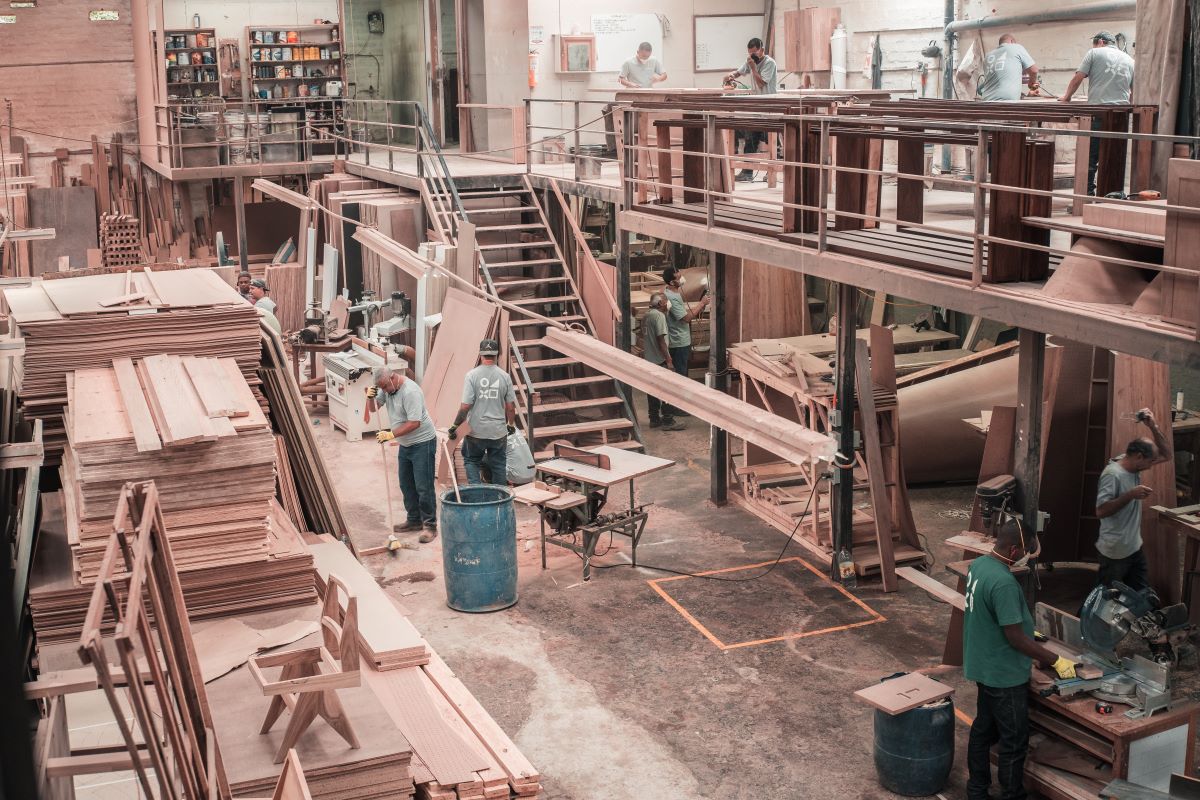Technology in Manufacturing: How Businesses Benefit from Innovation

How has technology helped manufacturing businesses?
Technology has helped to manufacture businesses in many ways. Perhaps the most obvious way is that it has allowed companies to become more efficient and productive. For example, the assembly line was a huge breakthrough for the manufacturing industry. It allowed businesses to produce products much faster and with less waste. Today, there are many other examples of technologies that have helped manufacturers become more efficient. Robotics is one such technology. By using robots to automate certain tasks, manufacturers can reduce labor costs and increase production speeds.
Another way that technology has helped manufacturing businesses is by giving them the ability to create better products. With the help of computer-aided design (CAD) software, manufacturers can create detailed designs for their products. This allows them to perfect their products before they even start production. Additionally, by using simulations, manufacturers can test out different designs to see which one will work best. One example to give is broaching. With advanced technology this machine gives manufacturers the reassurance of perfectly cut products.
Finally, technology has also helped manufacturing businesses by allowing them to track data and improve their operations. By collecting data on everything from production speeds to energy use, manufacturers can identify areas to improve. They can then change their processes and procedures to increase efficiency and reduce waste. If you’re looking for a way to make updating your infrastructure easier, consider using a service like Rezatec who have managed to dynamically manage the safety and integrity of landscapes, both at scale and cost-effectively. Electricity leaders are using their product’s geospatial analytics to effectively direct ground resources for the greatest impact.
At an environmental level, the work of Rezatec is extremely beneficial as it accurately forecasts crop yields and can help to alleviate adverse market reactions due to potential food shortages, and ultimately help to ensure food security.
Keeping your company’s infrastructure updated can be a pain, but it’s necessary for keeping your business running efficiently. To make sure your company’s infrastructure stays updated, make small, consistent, updates, decide what software is most important to update and ask employees where they feel your infrastructure needs improvement.
These examples show how technology has helped manufacturing businesses in several ways. It is clear that technology will continue to play a vital role in the manufacturing industry in the years to come.
What are some of the challenges that manufacturers face when incorporating new technologies into their operations?
One of the biggest challenges that manufacturers face when it comes to incorporating new technologies is the cost. Many new technologies are costly, and businesses need to be sure that they will be able to recoup their investment. Additionally, some technologies require businesses to make significant changes to their infrastructure. This can be a daunting task for many manufacturers, especially those who are already using outdated systems.
Another challenge that manufacturers face is finding the right talent to operate new technologies. While there are many benefits to using new technologies, they can also be very complex. As a result, businesses need to ensure that they have adequately trained employees. This can often be difficult, as most manufacturing jobs do not require highly-skilled workers.
Finally, manufacturers also need to be careful about implementing new technologies. If not done properly, new technologies can disrupt production and lead to downtime. This can be costly for businesses, so they must take the time to plan and test out new technologies before fully incorporating them into their operations.
While manufacturers face some challenges when it comes to incorporating new technologies, it is clear that the benefits outweigh the drawbacks. With the help of technology, businesses can become more efficient and productive, create better products, and track data to improve their operations. As the manufacturing industry continues to evolve, we can expect to see even more advances in technology in the years to come.












Leave a Reply
Want to join the discussion?Feel free to contribute!